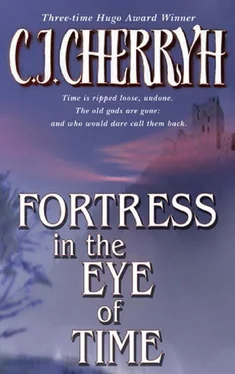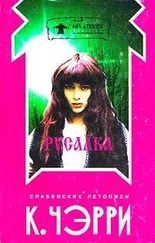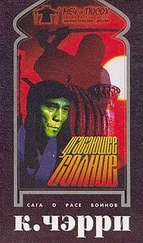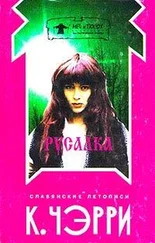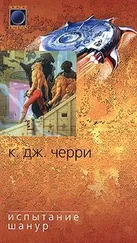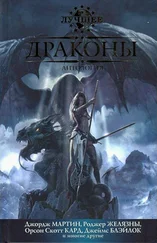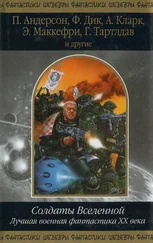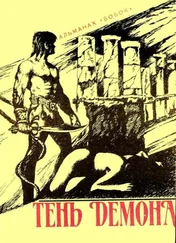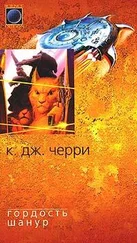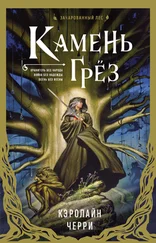He sat down with his Book, then, and opened it to the place the little mirror held — blinked at the flash of bright, reflected light, and moved the mirror so that it did not reflect the lamp above him, but the opposing page.
The letters were backward in the reflection — no better seen in that direction than the other, though it seemed to him a small magic in itself. He wondered if all letters did that in all mirrors, or whether it was a special mirror, or whether, after all, just to reflect his face.
It was a changed face the mirror cast back to him. A worried face. A leaner face, not so pale as before. His hair he never had cut, and it fell past his shoulders, now. He had not realized it had grown so long. He had not known his face showed such expressions. He knew all the shifts of Uwenʼs expression — while his own were strange to him. That seemed — like inspecting his elbow — an inconvenient arrangement.
Silly boy, Mauryl would say. Thereʼs so little time. Donʼt wool-gather.
Reflection in the rain-barrel. Light coming past his shoulders. Reflection of sky. The shadow of a boy who was not a boy. He had not known how to see himself, then. He had not had the power.
He wondered what he was in the gray space. And as quick as thinking it, he saw — he saw —
Light.
He shut his eyes and came back, his heart pounding in his chest. It was so bright, so bright it burned, and burned his hand.
It was hard to hold the mirror. But he could call the light into it. He could see his own face, blinding-bright, and frightening in its brightness. He could take the silver mirror into that Place .
He wondered if he could take the Book — or reflect it there — and when he wondered, a light from the mirror fell, a patch of brilliance, like sun off metal, onto the page of the Book .
Moving the mirror into the gray place, and calling the light back onto the page was the first magic he had ever worked that succeeded, just to move light and the reflection of light from place to place .
So he did know something now that he had not known before; and he tried, though it was hard, to manage both Places at once, the one hand with the Book, the other with the mirror, until, out of the gray world the mirror drew into the world of substance, and looking only at the mirror, and reaching into the gray place, he saw the Book appear in the reflection the mirror held .
But the mirrorʼs image of the Book was blurred to him, until he could manage the mirror with one hand in the gray place, and angle it just so, and the Book in the hand that was in the other world, so that he could see the reflection of the page in that gray world .
Then he could see the letters. Then he knew what they were:
It is a notion of Men , it said, that Time should be divided: this they do in order to remember and order their lives. But this is an invention of Men, and Time is not, itself, divided in any fashion. So one can say of Place. That there is more than one Place is a notion of Men: this they …
… this they believe; but Place is not itself divided in any fashion. Who understands these things knows that Time and Place are very large indeed, and compass more than Men have divided and named …
He was no longer reading. He was thinking the Words and they echoed ahead of his reading them. He thought ahead, further and further into the pages, and knew the things the Book contained. He had written them. Or would write them.
That was what it meant — to one who could move things between the gray space and the world of substance.
He let down the Book and folded it on the mirror, and took up the sword again, not for a sword, but only for something to lean on while he thought.
That was how he waked, bowed over the sword, Uwenʼs hands on his; he lifted his head and Uwen took the sword from his fingers and laid it carefully aside.
“Itʼs time, mʼlord,” Uwen said. “The lamps is lit next door. His Majesty is arming and heʼs ordered out the heavy horses. Weʼre leaving the camp standing and going on. The ladyʼs seeinʼ to that. Scouts ainʼt seen nothing, though that ainʼt necessarily what we want to hear, may be. I hate like everything tʼ wake ye, but there just ainʼt no more time.”
In the sense Uwen spoke — there was no more time. But things he knew rattled through his thoughts. He bent and took off his ordinary boots. And stood up.
He held out his arms patiently as Uwen assisted him into his armor, still by lamplight, with great care for the fittings. He stepped one after the other into the boots that belonged to the armor, and Tassand buckled them snugly at the holes that were marked. Uwen belted his weapons about him, sword and dagger, and slipped the small boot knife into the sheath that held it.
There was only the lightest of breakfasts, a crust of bread, a swallow of wine, which took no fire-making, and put no stress on the body. So Uwen said. And he knew Uwen was right.
Maurylʼs Book— his Book, held no comfort at all in the sense that he understood now what Hasufin had understood all along and that he knew what Hasufin wanted.
Most of all he knew what Hasufin wanted to do, which was to unmake Maurylʼs work: him, for a beginning, but, oh, more than that.
Hasufin wanted Galasien back, for a second part.
Hasufin wanted substance enough to use what was in that Book, for a third. Those desires were enough to account for all that was and might be. But that was not all Hasufin wanted. Beyond that — he could also imagine. That was what put him out of the notion of breakfast, and made him certain that, whatever defense the armor was, Hasufin would be determined to turn every weapon on the field toward him — for Hasufin, he was sure, cared very little about Aséyneddin, only to maneuver to his own advantage. All, all that would be out there was nothing other than what Hasufin willed, substantial so long as Men were willing or able to contend; and in so many places.
He even guessed what had brushed past him that night while he slept on the Road in Marna, and why he had dreaded it so. It was, in a strange sense — himself.
But this time he must go toward that sensible fear from which he had once fled — and what there was to meet, he must meet, and go wherever he must.
He was glad that Uwen saw nothing of what he saw. He would not wish that understanding on him for any price, not on Idrys, or Cevulirn or Umanon; nor on Pelumer, in whatever nightmare the Lanfarnesse forces might be struggling next the woods.
And not on Sovrag, who, if things went well, might yet arrive to strike at the Elwynim from the river, but he much doubted it: the Olmernmen had Marna to traverse to reach this far past Emwy, if they would go by water, and Marna of all places would not aid them.
But now with all the fear, came an impatience for this meeting. Something in him longed in a human way for encounter with Ninévrisëʼs enemies, to feel the wicked certainty of himself he had felt before, with the sword in his hand, and such certainty what had to come next. Nowhere else and at no other time did he have that.
And for no reason, tears flooded his eyes and spilled. He wiped them unconsciously.
“Mʼlord?”
Uwen thought he wept for dread. But he wept for Maurylʼs gentleness, which only he had seen; he wept for Cefwynʼs, for Uwenʼs kindness, which he did not have — not in their terms. He knew what he could do. He knew what he had done, and knew that he could not, by the nature of what Hasufin had loosed in the land, wholly win.
If there was disaster about to fall on those he loved, it was of his attraction, and he—
Читать дальше
